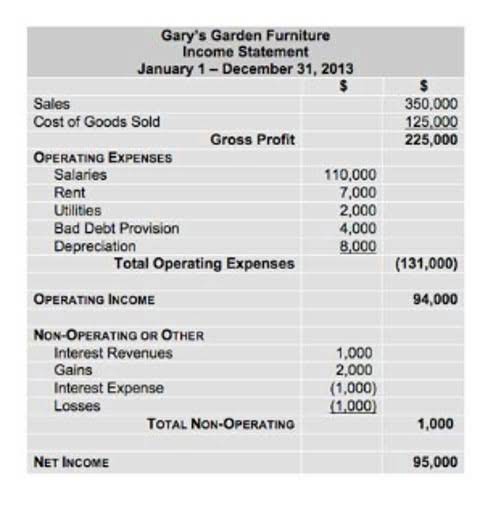Convert Hourly Rate To Yearly Salary

Always check your local labor laws and regulations to understand whether your job is exempt from overtime pay. The federal government has established specific protections for employees in the United States, as stated in the frameworkFair Labor Accounting for Churches Standards Act of 1938 (FLSA). In essence, employees who work beyond 40 hours in a single week are entitled to overtime pay. Double overtime pay is like an extra reward for employees who put in additional hours or work on holidays (personal holidays or public holidays). The rules fordouble-time pay can differ depending on the job, the company, and where you live. If you live in an area where overtime pay varies by state or locality, you can customize the calculator to reflect that.
- The true “free” time—time that can be spent on leisure activities like hobbies, socializing, and relaxation—therefore amounts to roughly 2,665 hours per year.
- It’s best to prioritize working at a stable fulltime position instead.
- You’ll need to check your contract or ask your employer about the terms of your overtime pay.
- Simply enter your hourly rate and the calculator will do the rest.
- By inputting your regular hourly rate and the number of additional hours worked, you can easily compute your total earnings, ensuring you are compensated fairly for your extra efforts.
- It allows you to compare offers from different employers or negotiate a raise based on your current hourly wage.
New USCIS Rules for H-1B Workers After Layoffs

Hourly workers are paid a set amount for each hour they work, which means their earnings fluctuate depending on how many hours they put in each week. Salaried employees, on the other hand, receive a fixed annual income, regardless of how many hours they work each day or week. Omni’s overtime paycheck calculator is designed to help you calculate your earnings, taking into account both regular hours and overtime. We made sure to make a paycheck calculator with overtime that would help in some of the most significant calculations of your life. All you need to do is enter your basic working hours information to get a breakdown of your total paycheck, including overtime salary.

Hourly Pay Calculator – Accurate Wage Estimator

For example, if you typically work 48 weeks instead of 52 due to unpaid time off, enter 48 weeks to get an accurate hourly to salary conversion. how much is overtime pay With this information, the calculator will instantly provide a detailed breakdown, allowing you to easily calculate hourly to salary in various currencies, based on your specific work hours. Whether you work part-time or full-time, this tool ensures a precise hourly to salary conversion based on your hours worked per week.
What should I do if I believe I am not being paid correctly for my overtime hours?
Eligibility for overtime pay depends on your employment classification and the specific laws governing your situation. Generally, non-exempt employees are entitled to overtime pay, while exempt employees are not. Determining your exemption status involves factors such as your job duties, salary basis, and level of decision-making authority.
Calculate Weekly vs. Biweekly Pay Periods
- Here’s a closer look at the hourly to salary comparison and how to decide which job type is right for you.
- Non-exempt employees are entitled to overtime pay as outlined by law.
- Remember, fair and accurate payment practices benefit both company morale and the legal standing of a business.
- Hourly Salary is not affiliated with any third-party websites or companies.
- These financial relationships support our content but do not dictate our recommendations.
- In job negotiations, being aware of your annual salary gives you leverage.
You can use this figure to calculate your monthly budget and expenses, and ensure you’re living within your means. It’s also important to remember to account for any savings goals or other financial priorities when creating your budget. However, keep in mind that this calculation is based on a fixed hourly rate and does not take into account any pay increases or decreases you may receive throughout the CARES Act year.


دیدگاه های نامرتبط به مطلب تایید نخواهد شد.
از درج دیدگاه های تکراری پرهیز نمایید.